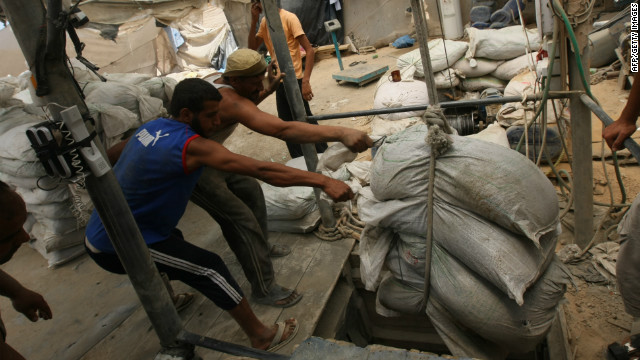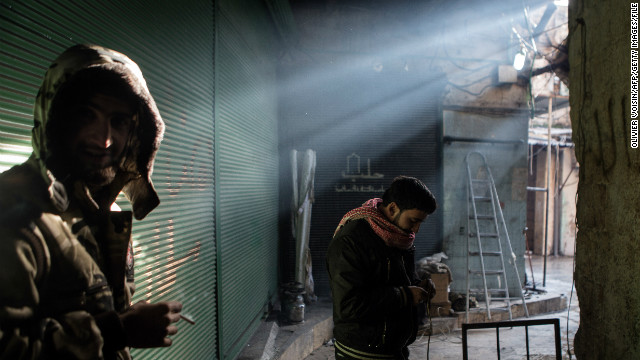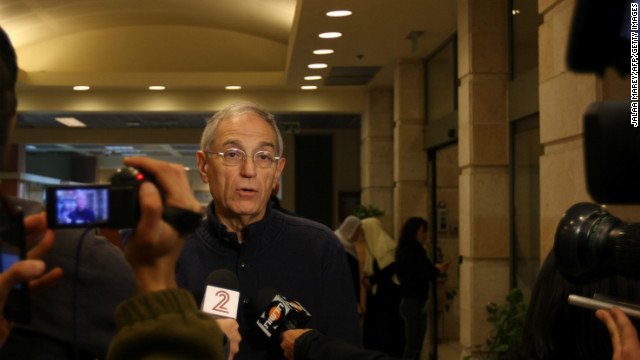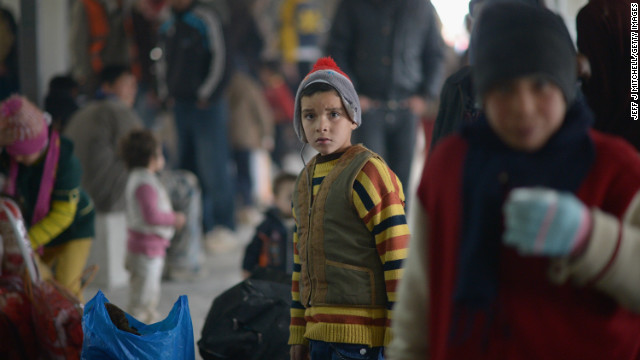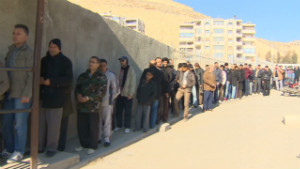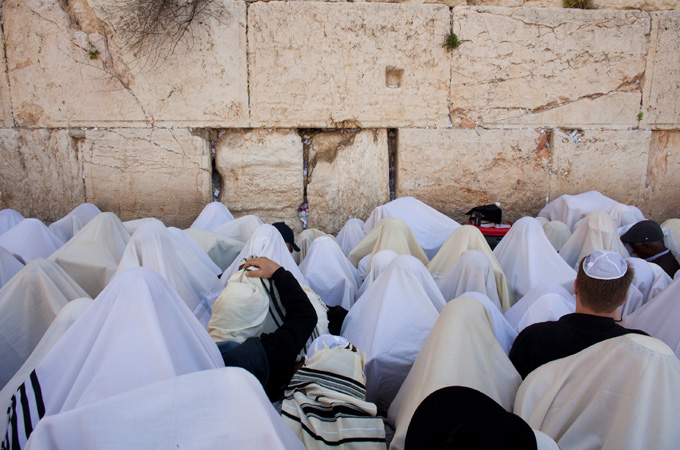Baghdad (CNN) -- A camp housing Iranian dissidents in Iraq was attacked Saturday morning, leaving at least five dead and 40 wounded, Iraqi police said.
The rocket and mortar attack occurred at Camp Hurriya, a onetime U.S. base formerly known as Camp Liberty, which is now the home of the Iranian exile group Mujahedin-e-Khalq.
Accounts of the number of people killed and wounded in the attack vary.
Shahriar Kia, an MEK spokesman, said the incident left six dead and more than 100 injured, some of them critically.

He blamed one of the deaths on delays in getting the injured to the hospital.
The U.S. State Department also listed six fatalities. It urged the Iraqi government to investigate the attack promptly and take all appropriate measures to enhance camp security.
"The terrorists responsible for this attack must be brought to justice," said department spokeswoman Victoria Nuland.
Residents at the camp were vulnerable both because the attack happened when most were asleep and because many lack adequate shelter, said Kia.
The residents are "squeezed into a small area, without shelter," said Kia. Protective concrete walls have also been removed from the site, he said.
It's not yet known who is responsible for the attack.
MEK last year moved from Camp Ashraf in Diyala province to Camp Hurriya in Baghdad. Leaders of the dissident group had been reluctant to move to the new camp because of the conditions there, calling it more of a prison than a home when they first arrived.
The group's move to the base is intended as a temporary measure before members are resettled in third countries.
Residents and their representatives and lawyers have appealed to the U.N. Secretary-General and U.S. officials to let them return to Ashraf, which they say has concrete buildings and shelters that offer more protection.
The United States has been working with the U.N. High Commissioner of Refugees on the resettlement project.
Martin Kobler, special representative for Iraq of the U.N. secretary-general, strongly condemned the attack on the camp, which "led to the killing and injury of several residents."
Several Iraqi police officers were also wounded, he said in a statement.
Kobler urged the Iraqi authorities to ensure that those who were injured get the medical care they need.
He also called for the government to ensure the safety and security of the camp residents, as stipulated by the 2011 resettlement agreement, and promptly to investigate the attack and bring those behind it to justice.
MEK was removed from a U.S. State Department terror list in September, following a decision by then-Secretary of State Hillary Clinton.
The group was put on the list of Foreign Terrorist Organizations, which includes more than 50 groups like al Qaeda and Hezbollah, in 1997 because of the killing of six Americans in Iran in the 1970s and an attempted attack against the Iranian mission to the United Nations in 1992.
However, since 2004 the United States has considered the group, which spent more than 25 years at the Ashraf camp, "noncombatants" and "protected persons" under the Geneva Conventions.
Iran still considers the group to be a terrorist organization.
(Chasity M.)
